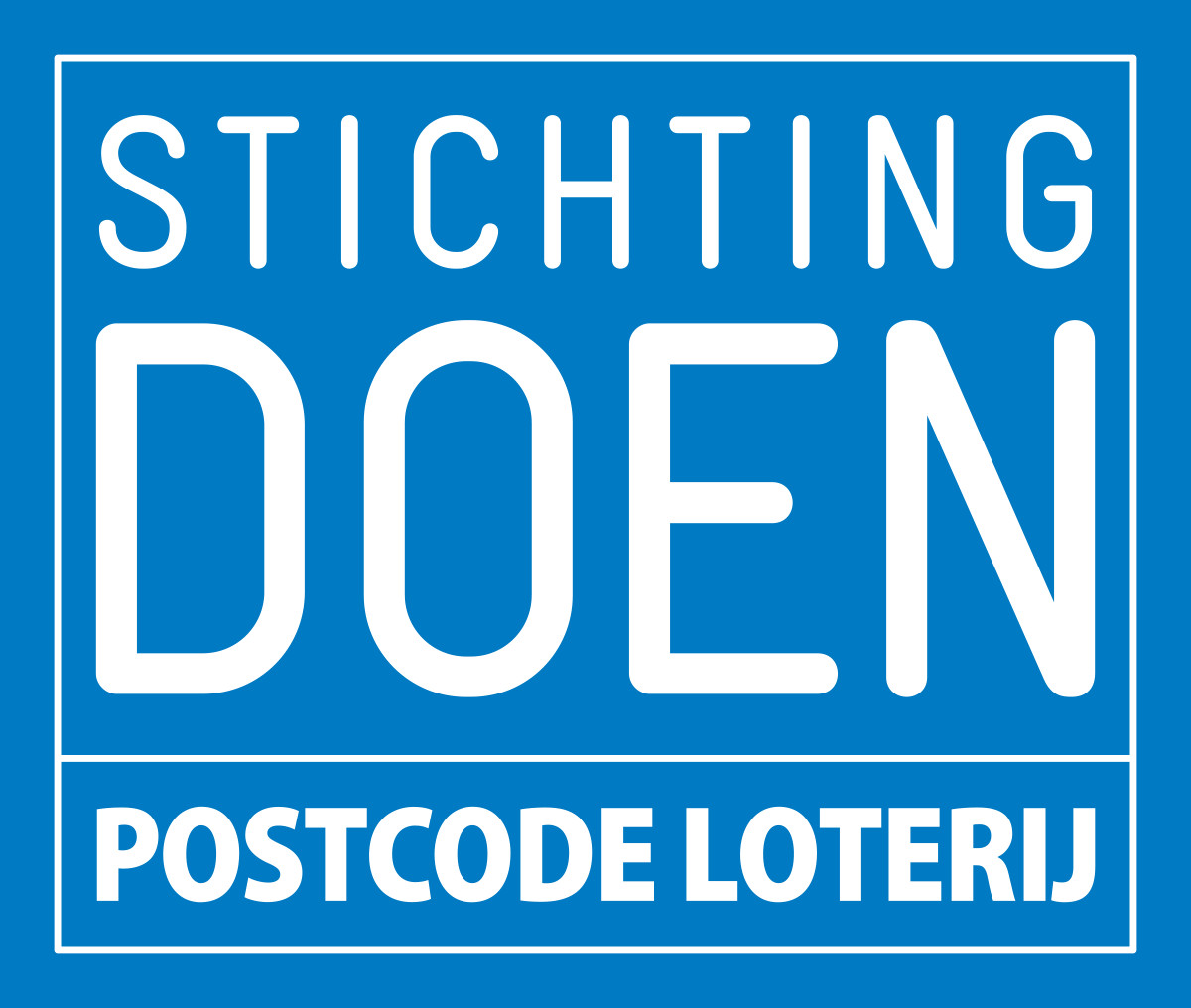Nederland kampt met grote krapte op de arbeidsmarkt en tegelijkertijd met 1,2 miljoen mensen die ‘op de bank’ blijven. Mensen met een uitkering maar ook…

The additional costs in view
The Netherlands is struggling with severe shortages in the labor market and at the same time with 1.2 million people who remain “on the bench. People on benefits but also many so-called “non-benefit recipients” (nug'ers) including many young people. Both socially and economically (government budget deficits) it is very important that we find the key to help more of these people into paid work. The people who are not working now, but potentially want to and can.
To make that happen, it is important that policymakers learn from social enterprises that are already doing this successfully, despite not yet having government recognition and support. What are they doing well and what obstacles do they face?
There is often a perception that these companies receive a lot of subsidies. However, the opposite is true. The research shows that social enterprises incur significant additional costs that are not reimbursed. These include training, mentoring and high administrative costs. This is an important finding.
At all policy levels, social enterprises could be more in focus and utilized. Certainly from the Ministry of Social Affairs and Employment, in our opinion, there is far too little consideration of how social enterprises can play a role in the participation issue. This also became clear in the Parliamentary debate on the Participation Act of May 14, 2024, where several members of Parliament called attention to the position of social enterprises. Local governments and labor market regions also make little use of the opportunities offered by these enterprises. With these outcomes, it becomes clear that the potential of social enterprises is not fully exploited. We would like to change this.
Curious about PWC's research? Read it here.


